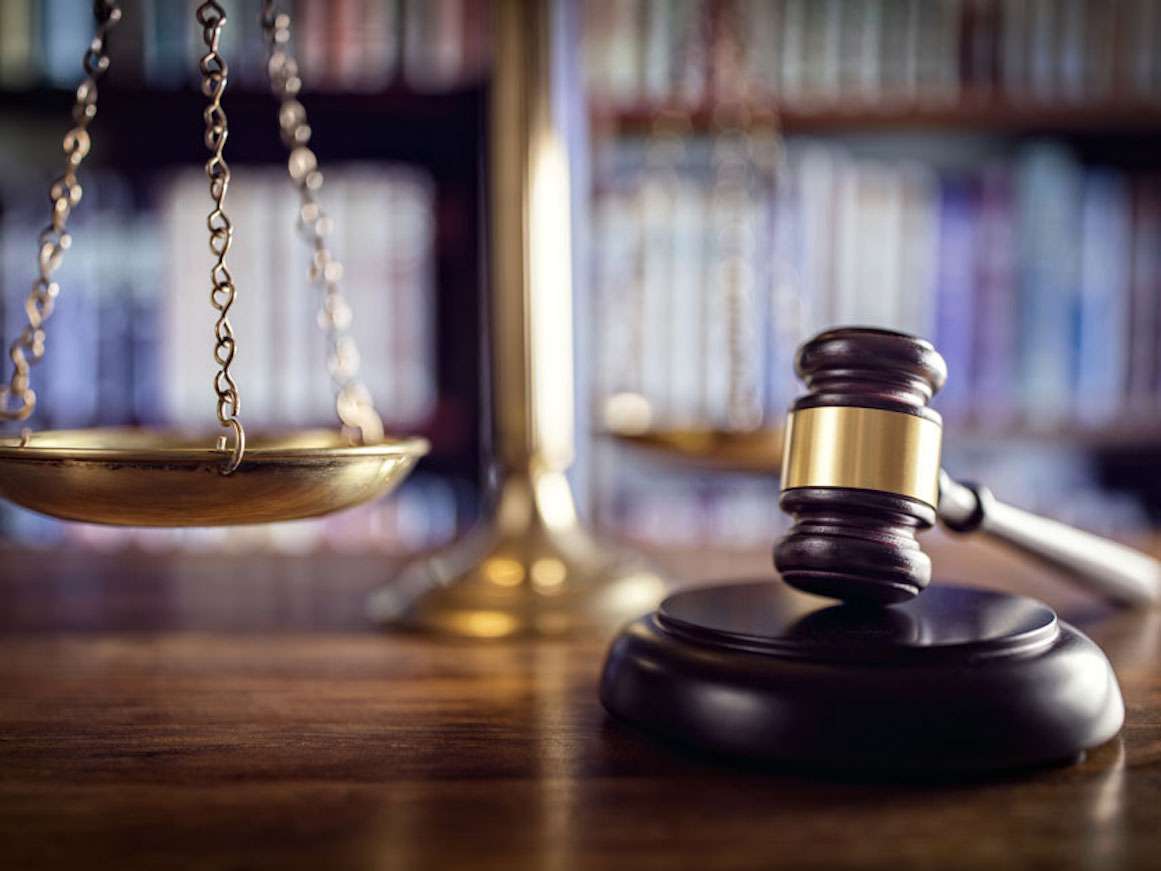Thundar
Regular Member
Stafford Stop and Identify Law
Sec. 17-7. - Loitering; failure to give name and address to law enforcement officer under certain circumstances.
(a)
For the purposes of this section, the following words and phrases shall have the meanings respectively ascribed to them herein:
(1)
Loiter shall mean to stand around or remain, or to park or remain parked in a motor vehicle, at a public place or place open to the public and to engage in any conduct prohibited under this section. "Loiter" also means to collect, gather, congregate or be a member of a group or a crowd of people gathered together in any public place or place open to the public and to engage in any conduct prohibited under this section.
(2)
Public place shall mean any public street, road, highway, alley, lane, sidewalk, crosswalk or other public way or any public resort, place of amusement, park, playground, public building or grounds appurtenant thereto, school building or school grounds, public parking lot or any other publicly-owned property.
(3)
Place open to the public shall mean any place open to the public or any place to which the public is invited or may reasonably expect to be invited, including areas in, on or around any privately-owned place of business, private parking lot, private institution, place of worship, cemetery and any place of amusement and entertainment, whether or not a charge of admission or entry thereto is made. The term includes the elevators, lobbies, halls, corridors and areas open to the public of any store, office or apartment building.
(b)
It shall be unlawful for any person to loiter at, on or in a public place open to the public in such manner as to:
(1)
Interfere, impede or hinder the free passage of pedestrian or vehicular traffic, [1] or
(2)
Threaten or do physical harm to another member or members of the public; or
(3)
Threaten or do physical harm to the property of another member or members of the public; or
(4)
Create, by words, acts or other conduct, a present danger of a breach of the peace or disorderly conduct.
(c)
It shall be unlawful for any person at a public place or place open to the public to refuse to identify himself, by name and address, at the request of a uniformed law-enforcement officer or a properly identified law-enforcement officer not in uniform, if the surrounding circumstances are such as to indicate to a reasonable man that the public safety requires such identification.
(d)
Nothing in this section shall be construed to prohibit orderly picketing or other lawful assembly.
(e)
Any person violating any provision of this section shall be guilty of a class 1 misdemeanor.
(Code 1979, § 19-38)
Cross reference— Penalty for class 1 misdemeanor, § 1-11.
Sec. 17-7. - Loitering; failure to give name and address to law enforcement officer under certain circumstances.
(a)
For the purposes of this section, the following words and phrases shall have the meanings respectively ascribed to them herein:
(1)
Loiter shall mean to stand around or remain, or to park or remain parked in a motor vehicle, at a public place or place open to the public and to engage in any conduct prohibited under this section. "Loiter" also means to collect, gather, congregate or be a member of a group or a crowd of people gathered together in any public place or place open to the public and to engage in any conduct prohibited under this section.
(2)
Public place shall mean any public street, road, highway, alley, lane, sidewalk, crosswalk or other public way or any public resort, place of amusement, park, playground, public building or grounds appurtenant thereto, school building or school grounds, public parking lot or any other publicly-owned property.
(3)
Place open to the public shall mean any place open to the public or any place to which the public is invited or may reasonably expect to be invited, including areas in, on or around any privately-owned place of business, private parking lot, private institution, place of worship, cemetery and any place of amusement and entertainment, whether or not a charge of admission or entry thereto is made. The term includes the elevators, lobbies, halls, corridors and areas open to the public of any store, office or apartment building.
(b)
It shall be unlawful for any person to loiter at, on or in a public place open to the public in such manner as to:
(1)
Interfere, impede or hinder the free passage of pedestrian or vehicular traffic, [1] or
(2)
Threaten or do physical harm to another member or members of the public; or
(3)
Threaten or do physical harm to the property of another member or members of the public; or
(4)
Create, by words, acts or other conduct, a present danger of a breach of the peace or disorderly conduct.
(c)
It shall be unlawful for any person at a public place or place open to the public to refuse to identify himself, by name and address, at the request of a uniformed law-enforcement officer or a properly identified law-enforcement officer not in uniform, if the surrounding circumstances are such as to indicate to a reasonable man that the public safety requires such identification.
(d)
Nothing in this section shall be construed to prohibit orderly picketing or other lawful assembly.
(e)
Any person violating any provision of this section shall be guilty of a class 1 misdemeanor.
(Code 1979, § 19-38)
Cross reference— Penalty for class 1 misdemeanor, § 1-11.

